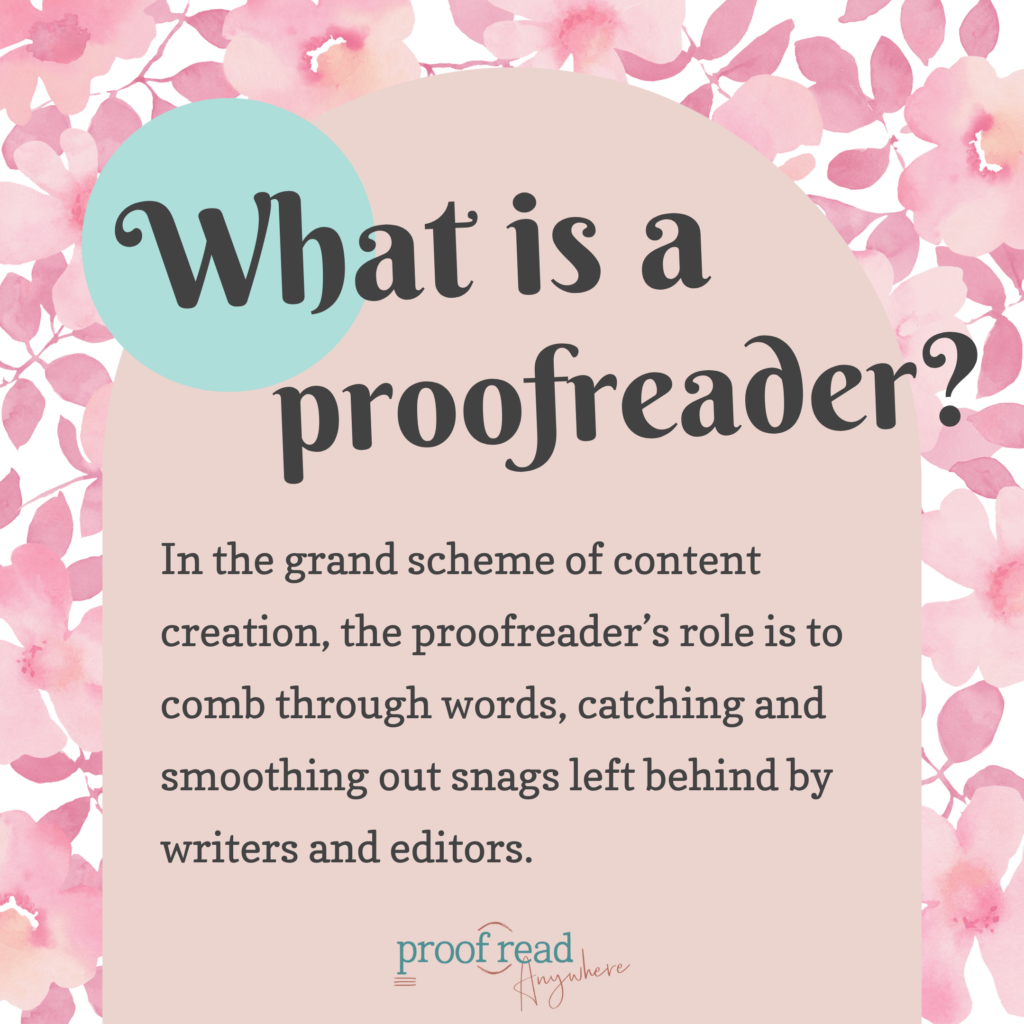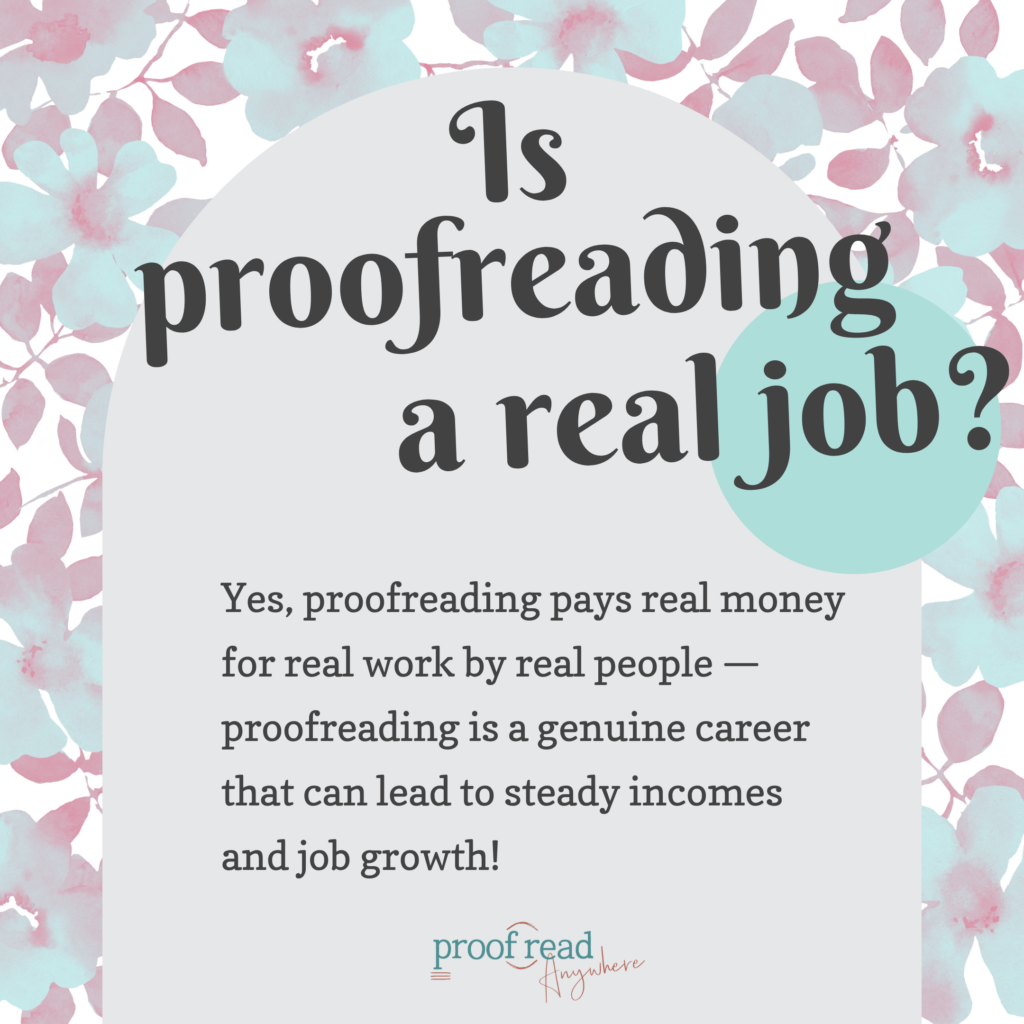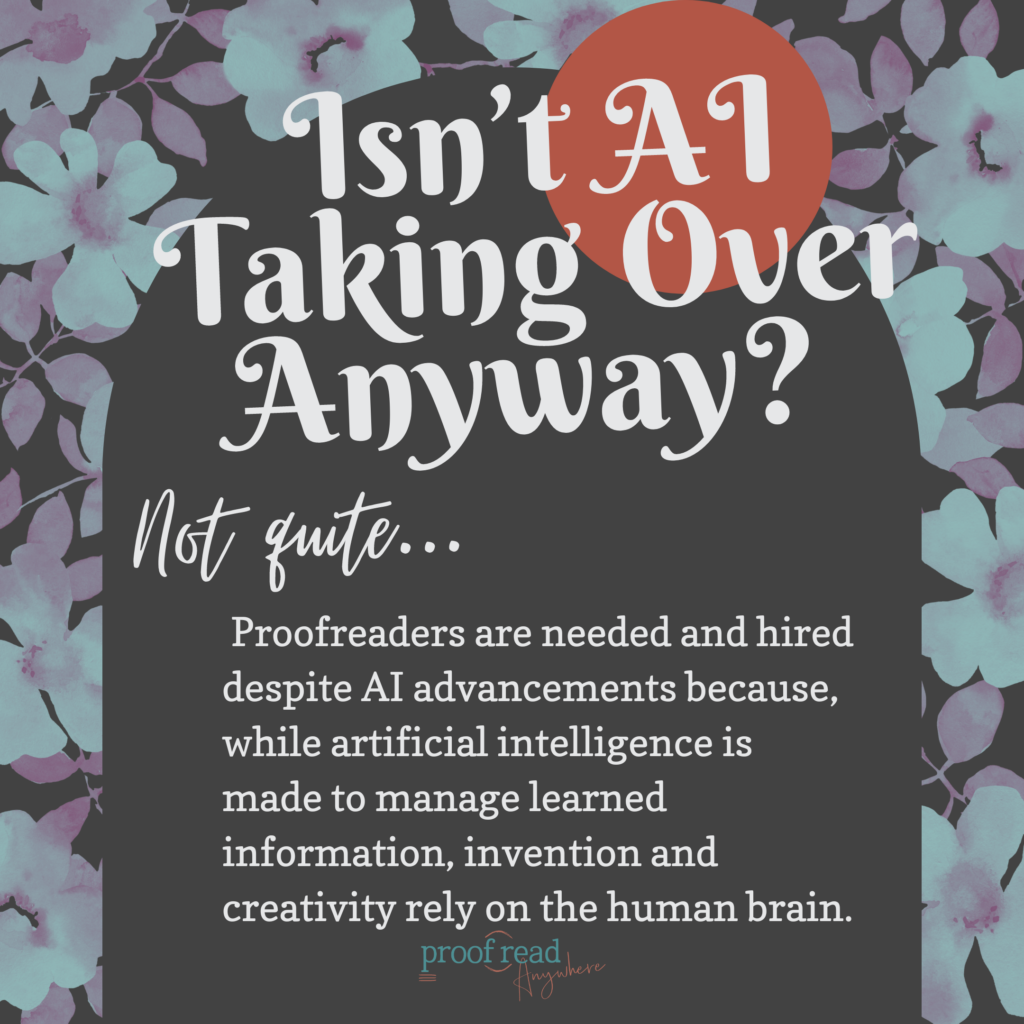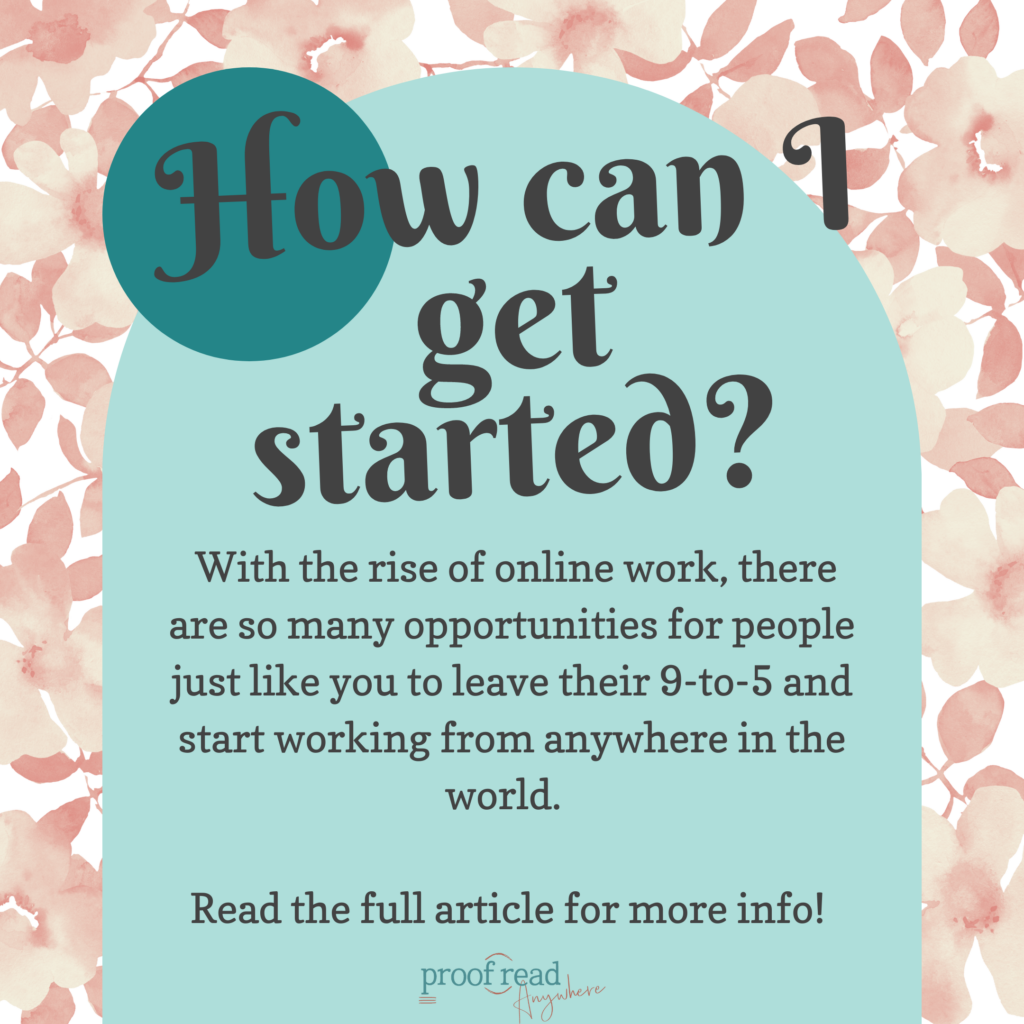It’s that time of year again when we gather around the table, give thanks, eat until we burst, and listen to our (usually older) family members complain and ask overindulgent questions about our lives and decisions.
We’ve heard it all before: “Where are you working?” “Is that even a real job?” “Is that one of those MLM things on Facebook?”
So, here we are to save the day! We’ve got word-for-word answers you can use to satisfy your family’s burning questions, plus, we’ve got some spice to add.
What Is a Proofreader?

As we have all seen from any friendly neighborhood Facebook post, even native English speakers cannot seem to use the language, or punctuation, correctly most of the time.
A proofreader is the unsung hero of the written world, the final gatekeeper of grammatical propriety, and the eagle-eyed sentinel guarding the fortress of syntax and semantics. If your great-uncle’s Facebook posts — ridden with ridiculously bad homophones and comma splices — are anything to go by, it’s abundantly clear that even the most seasoned English enthusiasts are prone to fumble with common grammar principles.
In the grand scheme of content creation, the proofreader’s role is to comb through the words, catching and smoothing out the snags left behind by writers and editors. These literary guardians scour documents to highlight and correct the typos, misused words, style inconsistencies, and punctuation misdemeanors that can muddy the clarity and dilute the impact of the text.
For businesses, a proofreader is the polish on the shoe, the final touch that ensures professionalism and coherence in every line. After all, a company’s written material is often the client’s or customer’s first impression, and a typo can be the difference between a deal or no deal.
Authors rely on the proofreader’s keen eye. A misplaced comma or a there/their/they’re mix-up can jolt a reader out of the narrative faster than a thriller’s plot twist.
Court reporters need proofreaders to ensure transcripts are unblemished and can be used in legal proceedings. Accuracy here is not just about aesthetics — it’s about the integrity of the judicial record and no one wants their legal record to be incorrect. (Am I right, trouble-making nephews?)
In essence, proofreaders are meticulous minds who understand that language is an art. They work behind the scenes, often unnoticed until they’re needed, much like a lighthouse keeper who’s only thought of when the fog rolls in.
Is Proofreading a Real Job?

If your definition of “real” is paying real money with real work and real people, then yes! Proofreading is a real job that can lead to steady incomes and job growth.
If you consider “real” jobs as work that requires you to sit in an office from 9 to 5 and work for a company or corporation that doesn’t really care about you or your interests, then no. Proofreading doesn’t work like that.
Proofreaders can freelance on the side or become full-time business owners. The beauty of proofreading success is that it is determined by your work, determination, and time, not by quotas and biased reviews.
Isn’t AI Taking Over Anyway?

If your job is crunching basic numbers or writing entry-level blog posts with little substance, then Chat-GPT may be a terrifying opponent.
But — proofreaders are needed and hired despite AI advancements because artificial intelligence is made to manage learned information but invention and creativity relies on the human brain.
AI regularly has “hallucinations” not entirely unlike the kind your nieces had at Coachella. With these factual inaccuracies, homophone issues, and human phrasing, the world would be automated — accurate and precise, but lacking inspiration, growth, and context.
The truth is, AI might be brilliant at crunching numbers and sorting data, but it’s about as likely to take over the world as your toaster is to start a breakfast revolution. AI is fantastic at handling the grunt work, leaving us humans free to sip our coffee and dream up the next big thing.
It’s not so much a takeover as it is a tag team — AI does the boring bits, freeing us up to invent and create outside of the system.
I’ve been trying to get my boss to let me go remote ever since COVID… How did you get started?

Now you’re asking the right questions, anonymous family member. With the rise of online work, there are so many opportunities for people just like you to leave their 9-to-5 and start working from anywhere in the world.
- Want to start proofreading for yourself? We’ve got courses in General Proofreading and Transcript Proofreading to get you going!
- Not into grammar and word-nerdery? You can easily work as a Virtual Assistant or as an online Bookkeeper.
- Got a great typing speed and a way of understanding spoken words? Transcribing could be meant to be.
- Want to travel the world and write about everything you see? Freelance writing and blogging is where it’s at.
No one needs to start a food fight over the turkey to find financial and career freedom. We’ve provided all the freelancer resources so there’s enough to feed everyone!
To Wrap it Up
So, as we’ve been saying for years, anyone can be a proofreader if they have the determination to learn the skills, market themselves, and work hard for their business. It may be an unconventional career path, but our graduates are proof that this job isn’t going away and there is still plenty of room for anyone who wants to leave their 9-to-5, work from home, or earn money on the side.

Proofreader’s role is to comb through the words, catching and smoothing out the snags left behind by writers and editors.